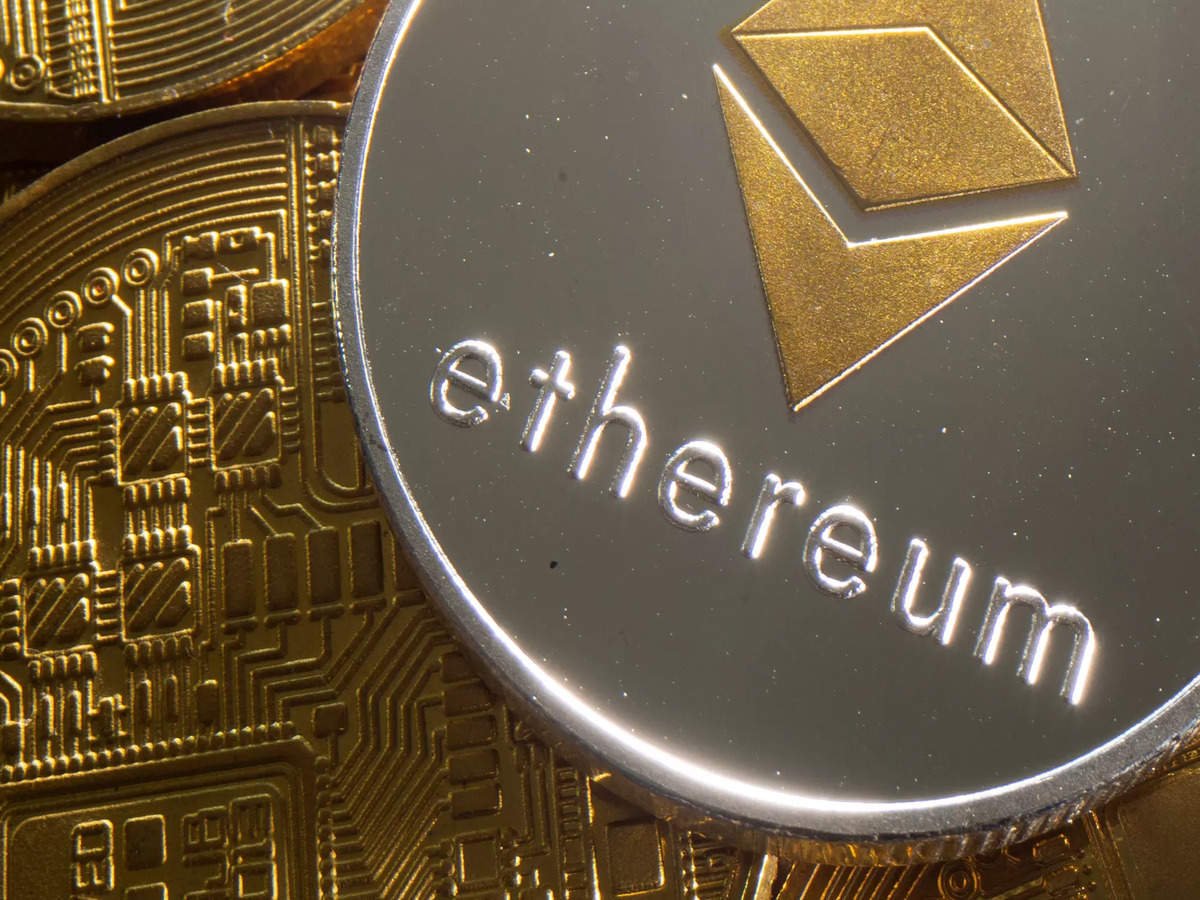A spot Ethereum exchange-traded fund (ETF) may still be conceivable, according to a statement made by BlackRock CEO Larry Fink, which was cited in the media today. A step in the right direction for the cryptocurrency business was the U.S. Securities and Exchange Commission’s (SEC) recent introduction of multiple Bitcoin ETFs, which gave investors a more direct way to participate in the virtual digital asset class. In the cryptocurrency world, this regulatory achievement has stoked hope, with many expecting Ethereum ETFs to receive a similar green light soon.
What is Ethereum?
Ethereum is a decentralized platform for creating decentralized apps (dApps) and smart contracts. It was created in 2013 by the visionary Vitalik Buterin. The emergence of DeFi (Decentralized Finance), NFTs (Non-Fungible Tokens), and numerous other developments that make up the Web3 industry have been greatly aided by it.
Ethereum previously secured its network via a proof-of-work mechanism. Computers raced to solve challenging riddles in Ethereum, just like in Bitcoin, with the winner receiving freshly created Ethereum tokens. Regardless of the type of transaction, there is a gas charge or transaction fee that must be paid each time one completes a transaction on the Ethereum network. Before, each transaction might cost up to $150 in gas fees.
How Ethereum switched?
After years of testing, Ethereum activated its proof-of-stake mechanism in 2022 to address this issue and substitute energy-intensive mining. This contest was ended by the implementation of the new proof-of-stake system. To validate transactions and receive rewards, users “stake” their current Ethereum holdings instead. The estimated energy usage of Ethereum has been greatly decreased by this change. Transaction costs are predicted to drop to nearly zero as a result of the Dencun upgrade, which the ecosystem recently underwent. To do this, Dencun introduces “blobs,” larger data packets that provide more effective handling and storage of transaction-related data, hence lowering rollup fees.

Ethereum’s prospective designation as a security raises important issues regarding decentralization, regulation, and accessibility, which could have a substantial impact on the Web3 sector. As a result, trading platforms, investor involvement, and the general market dynamics in the cryptocurrency area may be impacted by unduly broad rules.
What are the Challenges for Web3?
A broad ecosystem of Web3 projects and decentralized apps (dApps) is built around Ethereum. These applications, which include NFTs and DeFi, mainly rely on Ethereum’s Layer 2 With over 60% of the market, Ethereum is leading the DeFi ecosystem’s total value locked (TVL), which has recently seen a notable comeback and reached a milestone of $100 billion.

Ethereum’s security classification might put dApps developed on its network up against legal barriers, which could impede Web3 innovation and expansion.
To know more about Ethereum, read this article: Bitcoin and Ethereum



